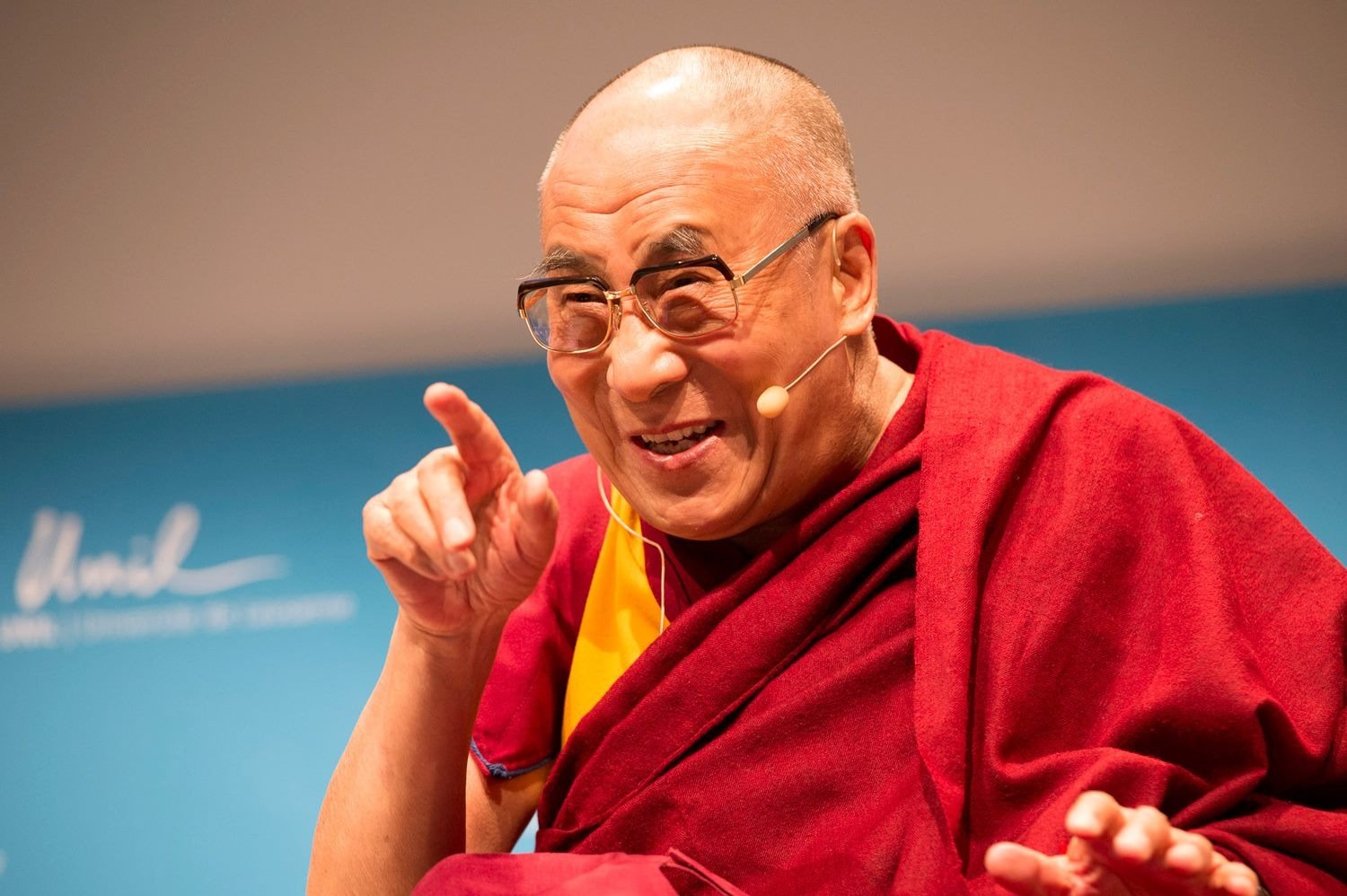A deepening tug-of-war is brewing between China and the Tibetan spiritual community over who gets to decide the next Dalai Lama—and at the center of it all lies an ancient relic: the Golden Urn.
What’s the fight about?
The 14th Dalai Lama, now nearing 90 and based in Dharamshala, India, has made it clear: “China will have no role in my reincarnation.”
But Beijing disagrees, claiming that any future Dalai Lama must be chosen via the Golden Urn—an 18th-century method introduced by China’s Qing dynasty to control Tibetan spiritual leadership.
What is the Golden Urn?
Back in 1792, the Qing emperor issued a 29-point reform, aiming to “regulate” Tibetan governance. A key part of it is using a Golden Urn lottery to decide reincarnations of top lamas like the Dalai Lama and Panchen Lama.
Today, one of these urns is in Lhasa, another in Beijing, and China insists that drawing lots from it is mandatory for spiritual legitimacy.
What does the Dalai Lama say?
He rejects this method outright, calling it a political tool with “no spiritual value.” He emphasized that the 9th, 13th, and even his recognition as the 14th Dalai Lama were not done via this urn. He even noted that in the one case it was reportedly used—the 10th Dalai Lama—it was mostly for show to appease Chinese rulers.
What happens now?
This could set the stage for a future clash between two rival Dalai Lamas:
One endorsed by Beijing, chosen through the Golden Urn method under China’s authority.
Another recognized by the exiled Tibetan Buddhist community, possibly selected from India, based on traditional spiritual practices.
This looming clash could turn into a global spiritual and political standoff, with India’s role growing more significant as both a haven for Tibetan Buddhists and the land where Buddhism originated.



